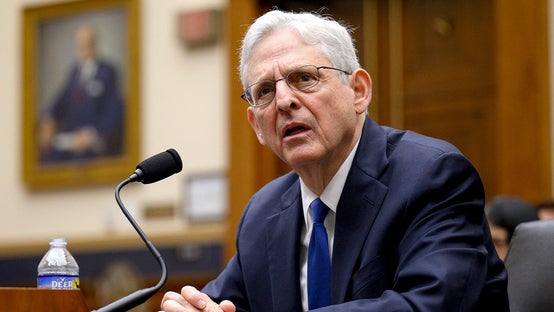An AI expert scrutinizes the United Nations' recently released AI regulation recommendations, highlighting their shortcomings in addressing region-specific challenges and providing tangible action plans.
The United Nations' advisory body on artificial intelligence (AI) released a set of seven recommendations last week, aiming to mitigate AI-related risks. However, an AI expert has raised concerns about the recommendations' inadequacy in addressing crucial issues and providing specific guidance.
Phil Siegel, co-founder of the Center for Advanced Preparedness and Threat Response Simulation (CAPTRS), expressed concerns to Fox News Digital that the recommendations lack attention to the unique role of AI in different regions and the need for tailored approaches.

UN's AI Recommendations Fall Short, Lacking Geographic Nuances and Specific Guidance
"Different economic structures and different regulatory structures that already exist are going to cause different outcomes," Siegel emphasized. "I think they could have done a better job of being a little more specific around what does a state like the United States, what is unique there?"
Siegel pointed out that different regions have varying privacy regulations, societal norms, and economic circumstances that necessitate region-specific AI governance strategies.

UN's AI Recommendations Fall Short, Lacking Geographic Nuances and Specific Guidance
The UN recommendations include establishing an International Scientific Panel on AI, creating policy dialogue, developing a global capacity network, establishing an AI fund, fostering data frameworks, and forming an AI office within the UN Secretariat.
While acknowledging the positive intentions behind these measures, Siegel expressed reservations about the UN's ability to enforce such recommendations or effectively coordinate global AI governance.

UN's AI Recommendations Fall Short, Lacking Geographic Nuances and Specific Guidance
"If you want to take it at face value, I think what they're doing is saying some of these recommendations that different member states have come up with have been good, especially in the European Union, since they match a lot of those," Siegel noted. "But I think some of it is just it's not really doable."
He emphasized the need for a collaborative approach that leverages existing initiatives and allows nations to implement AI safety regulations tailored to their own circumstances.

UN's AI Recommendations Fall Short, Lacking Geographic Nuances and Specific Guidance
Siegel suggested, "They probably should be coordinated through the UN, but not with rules and kind of hard and fast things that the member states have to do, but a way of implementing best practices."
He also highlighted the importance of involving nations like the US and Asian countries, which have made significant progress in AI safety regulation.
"I just don't know if the UN is the right place to convene to make that happen, or is it better for them to wait for these things to happen and say, 'We're going to help track and be there to help' rather than trying to make them happen," Siegel said.
In conclusion, while the UN's AI recommendations aim to promote responsible AI development, they fall short in addressing geographic nuances, providing specific guidance, and fostering effective collaboration among nations.










